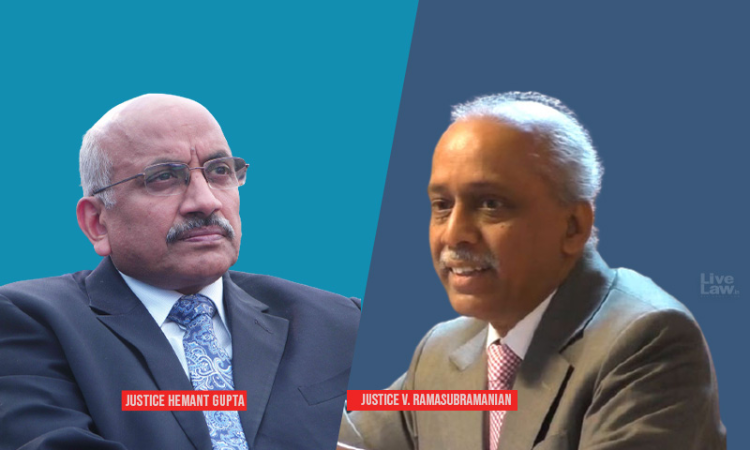Waqf Tribunal Has Jurisdiction Even If Subject Property Is Admitted To Be A Waqf Property: Supreme Court
Ashok KM
2 Nov 2021 10:04 AM IST

Next Story
2 Nov 2021 10:04 AM IST
The Supreme Court has held that a Wakf Tribunal has jurisdiction to adjudicate a dispute even if a property is admitted to be a waqf property."To say that the Tribunal will have jurisdiction only if the subject property is disputed to be a waqf property and not if it is admitted to be a waqf property, is indigestible in the teeth of Section 83(1)", the...
